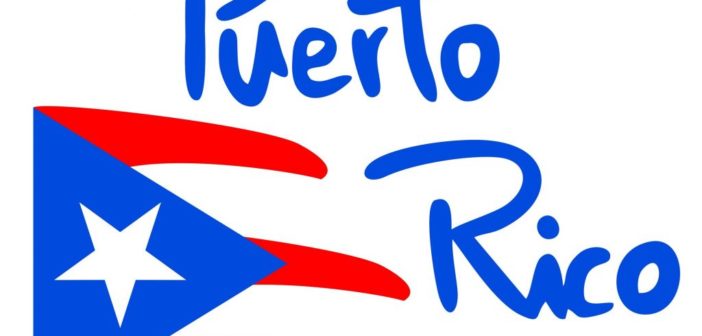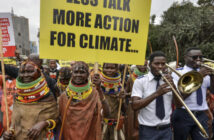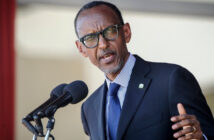Will Puerto Rico become the 51st state in the United States? That’s what is at stake today as the Puerto Ricans head to the polls to decide whether they want their struggling U.S. territory to become the 51st U.S. state.
The vote comes at a time of economic hardship for the island, hamstrung by $70 billion in debt, a 45-percent poverty rate, woefully underperforming schools, and near-insolvent pension and health systems. Puerto Rico’s hazy political status, dating back to its 1898 acquisition by the United States from Spain, has contributed to the economic crisis that pushed it last month into the biggest municipal bankruptcy in U.S. history.
Heading into the plebiscite, Puerto Ricans mingling on the quaint and narrow streets of old San Juan were divided over the three options they will face on Sunday’s ballot: becoming a U.S. state; remaining a territory; or becoming an independent nation, with or without some continuing political association with the United States.
Under the current system, Puerto Rico’s 3.5 million American citizens do not pay federal taxes, vote for U.S. presidents or receive proportionate federal funding on programs like Medicaid, though the U.S. government oversees policy and financial areas such as infrastructure, defense and trade.
Puerto Rico’s recently elected governor Ricardo Rossello campaigned last year on holding a referendum. A vote in favour of becoming a US state would likely face an uphill battle in Congress and with a President Donald Trump who seems bent on jettisoning unnecessary burden on the US through international disengagement, the Puerto Ricans dream might not become reality.




